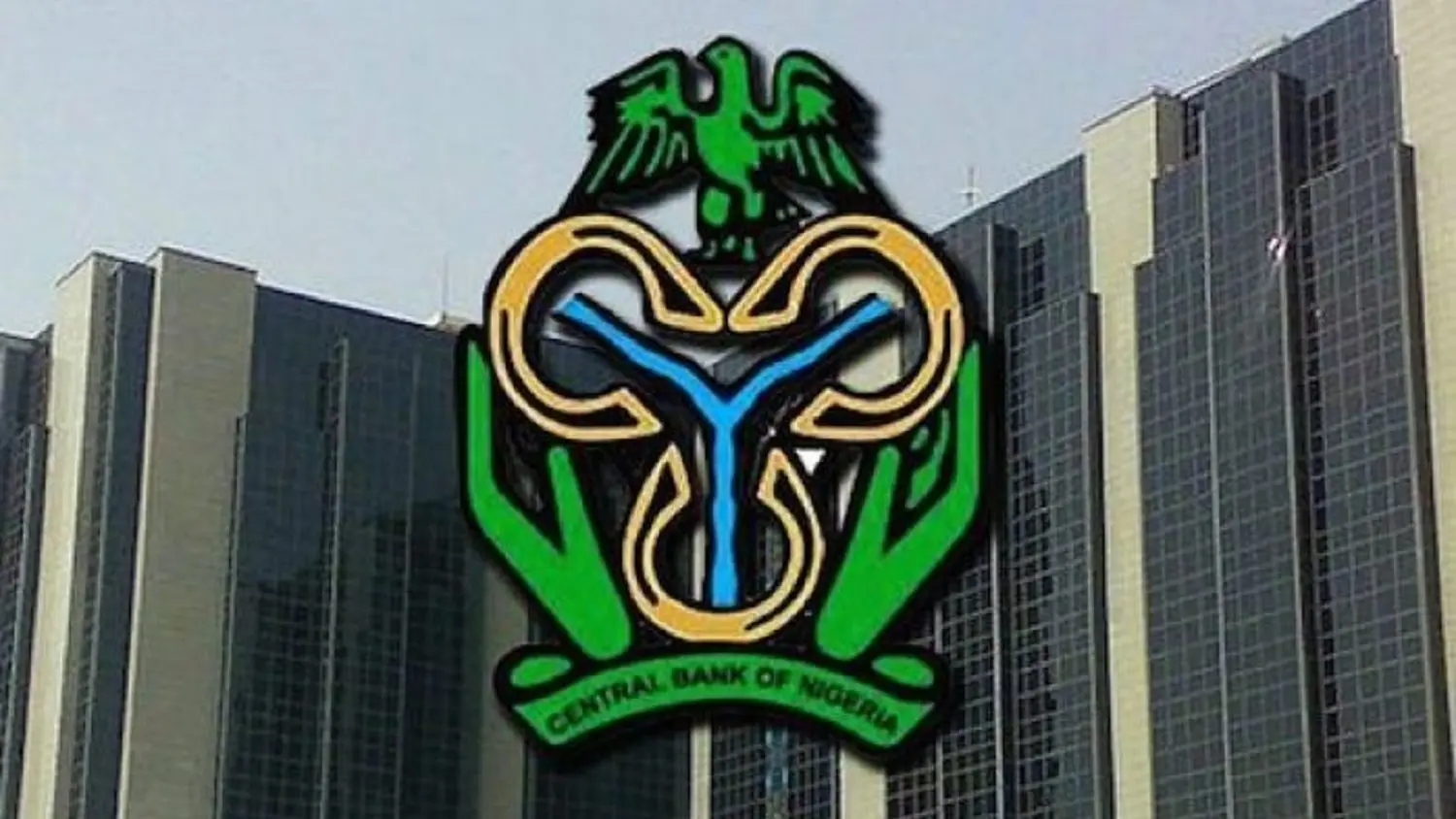Business
CBN expects massive FDI inflow into banks through recapitalisation

The Central Bank of Nigeria, CBN has disclosed that it expects a massive inflow of Foreign Direct Investment, FDIs, with foreign investors taking positions in Nigerian banks through the ongoing recapitalisation exercise.
This expectation was revealed by Director of Financial Policy and Regulation Department, FRPD, CBN, Mr. Haruna Mustafa in an interview while stressing that the banking recapitalisation exercise holds enormous opportunities for the economy, especially in terms of enhancing forex market reforms.
Hear him: “This policy holds enormous promise and opportunities not only for the banking system but for the wider economy. We expect to see a massive inflow of foreign direct investment and these are patient funds that any economy will need for long-term sustainable growth.
“Because one fundamental challenge for our development story is the absence of long-term patient capital. This is going to lead to an inflow of foreign direct Investments, FDI. We expect we’re looking to see investors coming in to take a position in our banking system.
READ ALSO:CBN sells dollars to BDCs below market rate at N1,101/$1, in continued defence of naira
“If to the extent that we have more forex inflows to that extent, we are going to have a salutary impact on liquidity in the FX market and which will also have a concomitant positive impact on the exchange rate.
“It’s just simple demand and supply very true and this is because this will be complimentary to ongoing reforms by the CBN to ensure that we achieve stability and credibility in the FX market.”
Addressing concerns over the exclusion of retained earnings from the composition of banks’ minimum paid-up capital, Mustafa said the decision is to nudge banks to inject fresh capital, adding that this is in line with the two broad objectives of the recapitalisation exercise.
He said: “Under the policy we set out two broad objectives. Number one is to enhance insolvency and resilience in banks to enable them to absorb current and unexpected shocks and this is speaking to the traditional function of capital which is to absorb unexpected losses and this is very very important because capital is very core. It is one of the key metrics that regulators and supervisors use in assessing the soundness of banks.
Join the conversation
Support Ripples Nigeria, hold up solutions journalism
Balanced, fearless journalism driven by data comes at huge financial costs.
As a media platform, we hold leadership accountable and will not trade the right to press freedom and free speech for a piece of cake.
If you like what we do, and are ready to uphold solutions journalism, kindly donate to the Ripples Nigeria cause.
Your support would help to ensure that citizens and institutions continue to have free access to credible and reliable information for societal development.
























